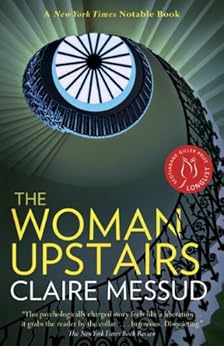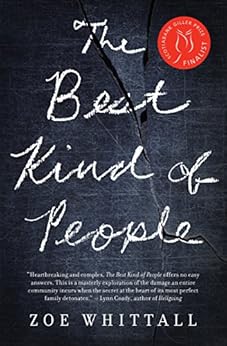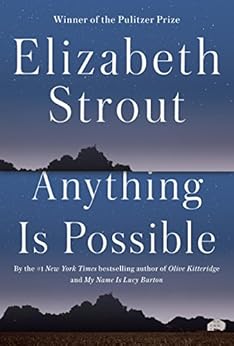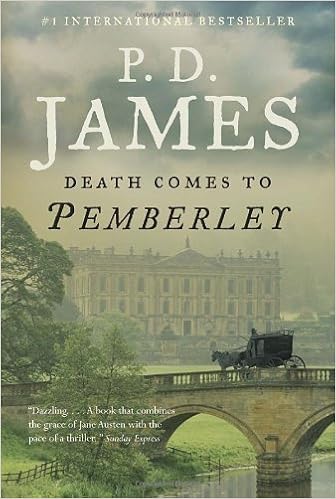Further to my discussion about books about nasty women on April 27, here’s my last review of one of those books: Where’d You Go, Bernadette by Maria Semple:
2
Stars
 If this
book were not required reading for a book club, I would not have read it. Its
cover clearly suggests shallow Chick Lit and its ungrammatical title - with its
missing question mark - implies frivolousness. Despite the adage about not
judging a book by its cover (and title, I might add), this time first
impressions were not wrong.
If this
book were not required reading for a book club, I would not have read it. Its
cover clearly suggests shallow Chick Lit and its ungrammatical title - with its
missing question mark - implies frivolousness. Despite the adage about not
judging a book by its cover (and title, I might add), this time first
impressions were not wrong.
Bernadette
Fox is a renowned architect who has stopped working and is gradually retreating
from the outside world, going so far as to hire a virtual assistant to minimize
her contact with people. Then she disappears. Her teenaged daughter, Bee
Branch, compiles a collection of communication from the time shortly before
Bernadette’s disappearance in order to try and understand her mother and the
reasons for her behaviour.
In terms of
structure, this is a modern epistolary novel consisting of emails, official
documents, a magazine article, and secret correspondence. This format with its
many and mostly short entries makes for a quick read. Unfortunately, the author
cheats and resorts to traditional expository narration when the limitations of
her chosen structure prove to be too restricting. If a narrative structure
isn’t sustainable, perhaps it is not the best choice.
According
to the book jacket, this book is a “riotous satire of privilege.” I take
exception to the adjective; parts are funny but certainly not unrestrainedly
hilarious. There is satire of the shallowness of the wealthy, but the satire is
itself shallow. The observations are ones that would be used on sitcoms to get
a laugh; I prefer satire to have more bite. The targets of the rants (e.g. poor
city planning, the self-help movement, politically-correct private schools,
status-conscious parents) are not original either; they have been ridiculed
before and more effectively too. And the focus on Seattle is also off-putting.
I found it
difficult to relate to or like the characters. Though Bernadette is supposedly
a genius, there is little evidence of her exceptional intelligence. Her rants
offer no profound insights. She isolates herself and so becomes obsessed with
her pet peeves about which she constantly whines. She is a quirky character and
that’s fine, but is it logical that a person who uses email all the time would
suddenly insist on writing a letter despite the fact that she is in a place
that she herself admits has internet that is faster than she has ever seen. But
then everyone else seems quirky too. Her husband, Elgin Branch, is certainly
eccentric and even Bee is not a typical teenager. Not only does Bee not have a
cell phone and has not been “corrupted by fashion and pop culture,” she seems
largely unaffected when she learns about an extramarital affair. All that
incessant quirkiness just becomes annoying.
The ending
is just too tidy – a sitcom ending where everything is nicely resolved in the
end. Everyone has an epiphany and sees the error of his/her ways. Even a
character who has been reviled throughout becomes an angel.
This book
is very readable because it requires little thought. For me, there is just too
much fluff and not enough substance. I found myself not caring where Bernadette
went.







